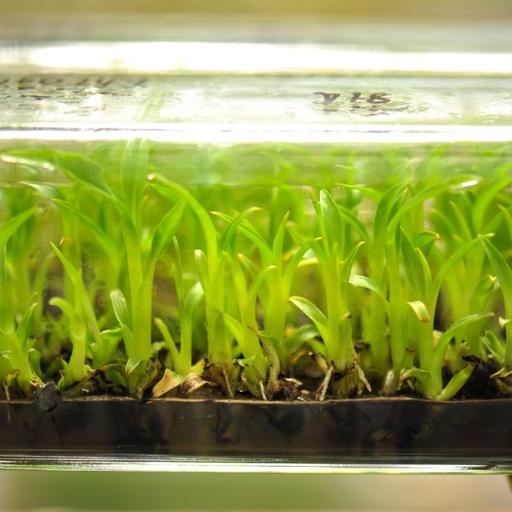Organ Culture
Presentations | English
What is Organ Culture? Organ culture means the plantation and growth in vitro of organs or part of organs in which the various tissue components, such as parenchyma and stroma, and their anatomical relationship and function, are preserved in a culture so that the explanted tissue closely resembles its parent tissue in vivo. Organ culture, the cultivation of whole organs or parts thereof, is particularly suitable for studies of development, inductive interactions, and the effects of chemical and physical agents upon the physiological functions of specific organs. Both cell and organ culture have applications in pathology. Organ culture is used principally for (1) the maintenance of the structural organization in tissues that are to be subjected to experimentally varied environments (e.g., to hormones, drugs, or radiation); (2) the study of morphogenesis, differentiation, and function in excised organs or presumptive organs; and (3) for comparison of the growth and behaviour of explanted organs with the growth and behaviour of similar organs in sit.

17.50
Lumens
PPTX (35 Slides)
Organ Culture
Presentations | English
